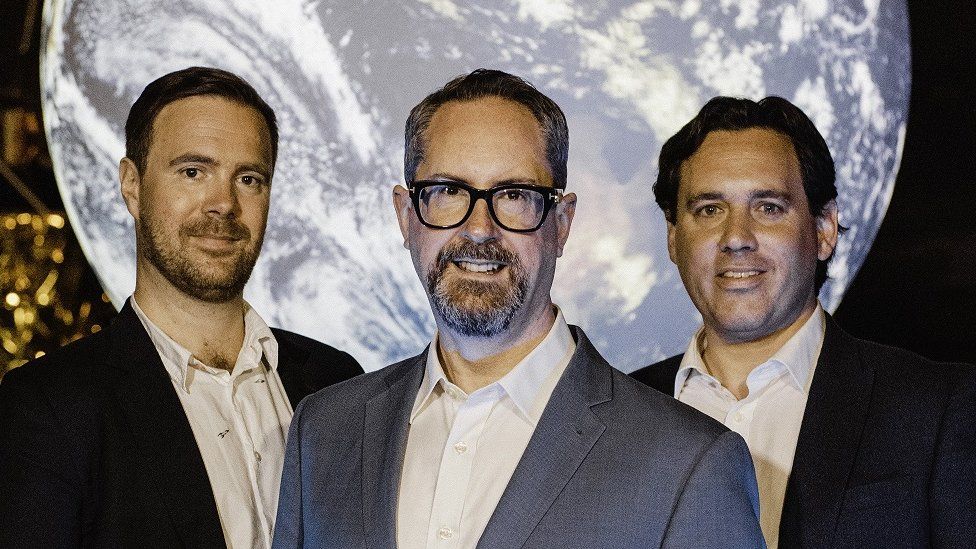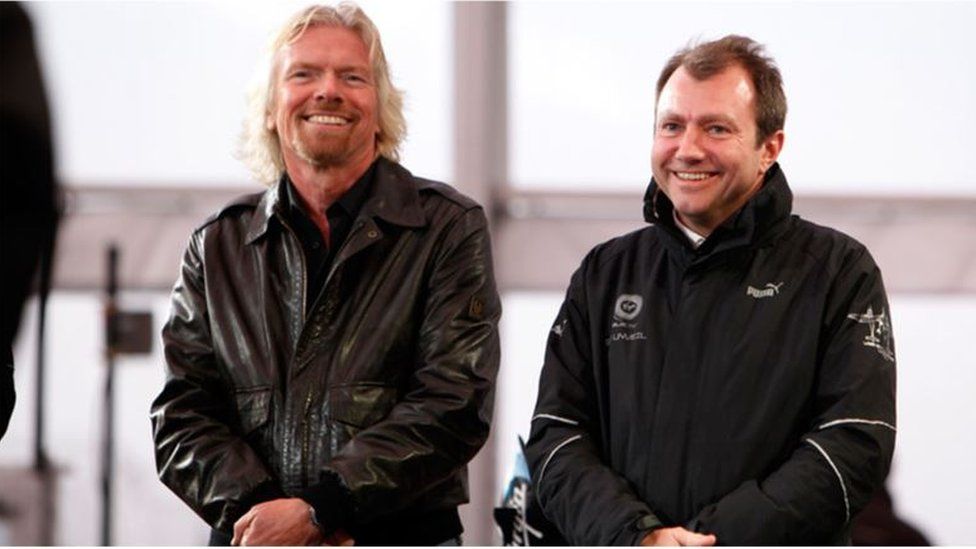THE UK SPACE RACE IS HEATING UP

A UK firm that was the world’s first dedicated space technology investor is preparing to list fund shares on the London Stock Exchange.
The public will be able to invest in a portfolio of new private space firms through Seraphim Capital’s fund.
The news comes amid a public consultation on establishing a UK national space strategy.
The space industry is one of the UK’s fastest growing sectors, worth £14.8bn a year.
The government said in March it wants to “make the UK a meaningful actor in space”.
“There is a massive global appetite from investors, but the majority of new space companies are still private, from SpaceX downwards, so the public market struggles to invest in the space sector,” Mark Boggett, chief executive of British venture capital firm Seraphim Capital told the BBC.
“This is the first time the public will be able to access a portfolio of private space companies,” he said.
Seraphim Capital, one of the world’s leading investors in space, is transferring all assets from its existing fund into the Seraphim Space Investment Trust.
It is raising £150m to invest both in its existing portfolio of firms and in new space start-ups.
‘A digital platform in the sky’
Mr Boggett’s view is that space is no longer just about rockets or satellites. “It is about a new digital platform in the sky,” he said.
In recent months, there has been increased interest in the satellite industry, with tech firms like SpaceX and London-based OneWeb launching small satellites – known as nanosats – into low Earth orbit.
The plan is to use large constellations of nanosats to enable satellite internet, as well as collecting Earth observation data like weather, heat signatures and atmospheric gas composition to help farmers, for example, and to monitor things like flood defences, traffic and construction sites.
The idea is that nanosats will enable many smaller firms to gain access to space and benefit from space technologies.
“Make no mistake, this is a space industrial revolution,” said Will Whitehorn, president of industry group UKSpace and chair of the independent board of the new Seraphim Space Investment Trust.
“The UK space space is heating up and it’s also global. The UK needs to be at the forefront if it is going to thrive so that we don’t get left behind.”
Mr Whitehorn was previously president of Virgin Galactic, which is racing against Blue Origin to be the first company to offer human spaceflights.
Earlier this week, the Amazon founder said he and his brother would be on the first human flight launched by Blue Origin.
Another key topic is the creation of spaceports in the UK, says Mr Whitehorn.

“It will give the country its own sovereign launch capability,” he said. “Instead of sending satellites to Russia or French Guiana or the US, we can literally send them down the road to Cornwall.”
Daniel Smith is co-chair of the Scottish Space Leadership Council, a body that represents the views of industry, academia and government.
Mr Smith, who welcomes the Seraphim trust share listing announcement, helped to establish the UK Spaceports Alliance working group last year.
The Council’s focus is on working with environmental groups to ensure that the UK space industry will grow in a way that supports the government’s net-zero carbon emission ambitions.
“Launch is the missing piece of the jigsaw for the UK’s vibrant space value chain [and] satellite data brings so many benefits to society and helps to monitor climate change, however the process of reaching orbit must be pursued in a way that contributes to net zero ambitions,” he said.
“Our Sustainable Space Challenges initiative has brought together environmental organisations and space stakeholders for the first time to work proactively on ensuring the sector prioritises a sustainable approach.”




